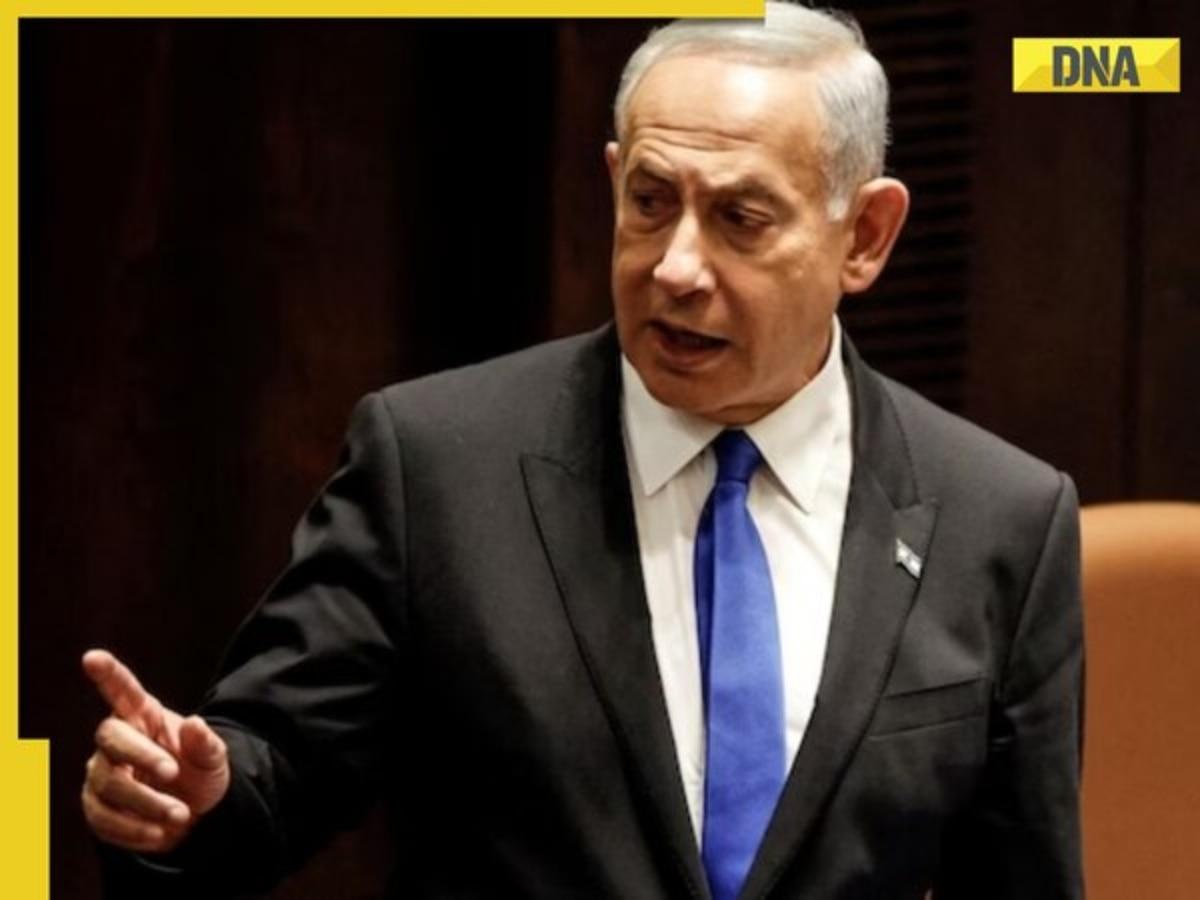
Israeli Prime Minister Benjamin Netanyahu has taken the dramatic step of dissolving his six-member war cabinet amid the ongoing Gaza conflict. This unexpected decision came to light on Monday, following the departure of key political ally Benny Gantz from the government. An Israeli official familiar with the situation informed Reuters about this significant development.
The disbanding of the war cabinet signals a notable shift in Netanyahu’s approach to managing the Gaza conflict. Going forward, Netanyahu will rely on a smaller and more streamlined advisory group. This new, pared-down group will consist of Defence Minister Yoav Gallant and Strategic Affairs Minister Ron Dermer, both of whom were previously part of the now-defunct war cabinet.
Netanyahu’s move to scale down his war council comes amidst internal and external political pressures. Two of his coalition partners from the nationalist-religious bloc, Finance Minister Bezalel Smotrich and National Security Minister Itamar Ben-Gvir, had been pressing for inclusion in the war cabinet. However, the addition of these two ministers could have triggered further complications with international allies, particularly the United States, thereby influencing Netanyahu’s decision to limit the cabinet’s membership.
The war cabinet was originally established in October, at the outset of renewed hostilities, marking a significant point in the unity government between Netanyahu and Gantz. At that time, it included not only Gantz but also his close associate, Gadi Eisenkot. Additionally, Aryeh Deri, head of the religious party Shas, served as an observer, thereby providing the cabinet with a broad spectrum of political representation.
Gantz and Eisenkot’s recent resignations from the government cited Netanyahu’s inability to formulate a coherent and effective strategy for handling the Gaza conflict as the primary reason. These departures have evidently caused a ripple effect, culminating in the war cabinet’s dissolution.
The war situation in Gaza has been a focal point of Israeli politics, demanding significant military and strategic planning. Netanyahu’s decision to streamline his advisory unit highlights the increasing complexities and considerations involved in the conflict.
. Defence Minister Gallant remains a crucial figure in this newly formed group, given his pivotal role in Israel’s military strategies. Likewise, Strategic Affairs Minister Dermer’s inclusion underscores the need for a robust strategic framework to navigate both the immediate and long-term aspects of the conflict.
The push for inclusion by the nationalist-religious coalition was likely rooted in a desire for a stronger influence over military decisions and strategic directives. However, the potential fallout from such an inclusion, especially in terms of strained diplomatic relations with key allies like the United States, was a risk Netanyahu seemed unwilling to take. This cautious approach might be indicative of the broader challenges Israel faces on the international stage as it navigates the complexities of the Gaza conflict.
Netanyahu’s recalibration of his inner circle during such a critical period is not without precedent. Historically, Israeli leadership has periodically adjusted its decision-making bodies in response to evolving military and political landscapes. However, the current changes come amidst particularly high tension, both domestically and internationally, necessitating carefully considered moves.
It remains to be seen how this newly constituted advisory group will influence Israel’s tactics and strategies in Gaza. Netanyahu’s ability to maintain a coherent and effective approach with a smaller, more focused team is expected to play a crucial role in the coming weeks. Analysts suggest that a streamlined advisory group could potentially lead to more decisive and agile decision-making, a necessity in the fast-evolving conflict.
Additionally, the changes may alleviate some internal political pressure within Netanyahu’s government by placating coalition partners who were sidelined from the war cabinet. However, this could be a double-edged sword, potentially leading to new points of tension if key political figures feel their influence is waning.
The evolving dynamics within Netanyahu’s government and his strategic recalibrations will undoubtedly continue to shape Israel’s approach to the Gaza conflict. With international eyes fixed firmly on Israel, the actions and decisions of this smaller advisory group will be closely scrutinized, marking a critical juncture in both Netanyahu’s leadership and Israel’s military strategy.












